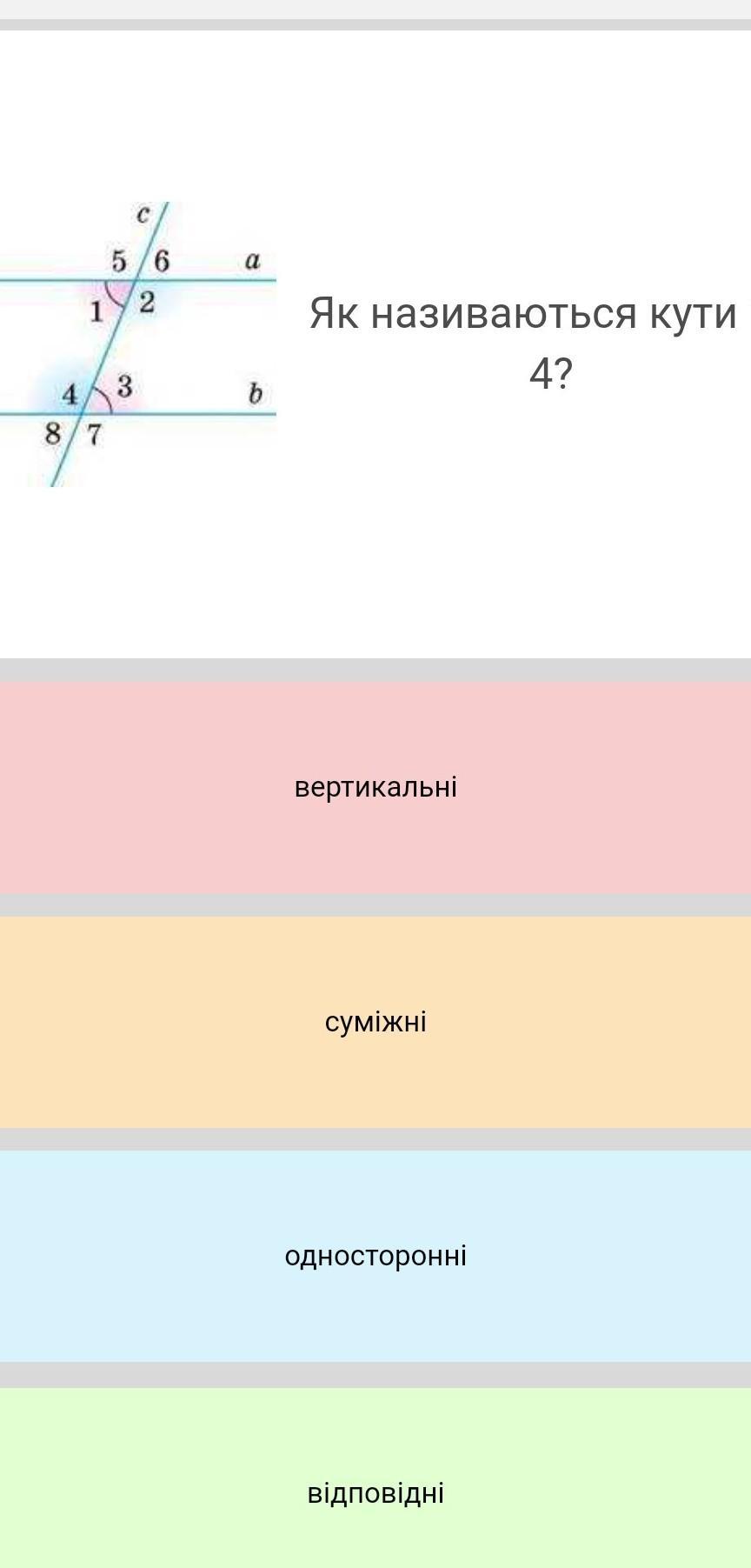Предмет: Геометрия,
автор: zhugaruelvira
Як називаються кути 1 і 4? вертикальні сумiжнi односторонні вiдповiднi
Приложения:

Ответы
Автор ответа:
1
Ответ:
односторонний
Объяснение:
ты негр ззйэйхфэфэфхфэффэфэфэфэфэфэфэфэфэ
zhugaruelvira:
АХАХХАХАХХАХ
Похожие вопросы
Предмет: Алгебра,
автор: andreika93xaxa
Предмет: Қазақ тiлi,
автор: asel201818
Предмет: Қазақ тiлi,
автор: rajyssaken80
Предмет: История,
автор: oberemoksnezana3
Предмет: Английский язык,
автор: givent221